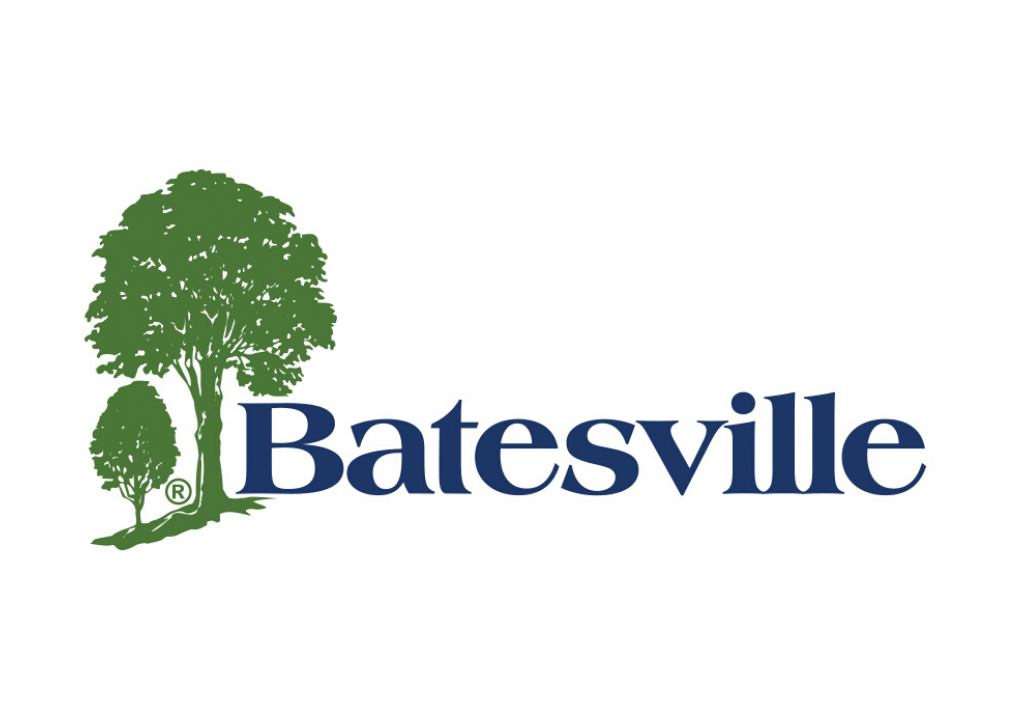Belgium Considers Alternative Cremation Method
 It could hardly be said to be the most dignified of send-offs.
It could hardly be said to be the most dignified of send-offs.
Undertakers in Belgium plan to eschew traditional burials and cremations and start dissolving corpses instead.
The move is intended to tackle a lack of burial space and environmental concerns as 573lbs of carbon dioxide are released by each cremated corpse.
Under the process, known as resomation, bodies are treated in a steel chamber with potassium hydroxide at high pressure and a temperature of 180c (350f).
The raised pressure and temperature means the body reaches a similar end point as in standard cremation ? just bones left to be crushed up ? in two to three hours.
Six states in America have passed legislation to allow resomation and the Scottish company behind the technology says it is in talks to allow the process in the UK.
Although the ashes can be recycled in waste systems, the residue from the process can also be put in urns and handed over to relatives of the dead like normal ashes from crematorium farewells.
Resomation Ltd was formed in east Glasgow in 2007 and has been in talks with the UK government about using the technology in Britain.
The company says on its website: ‘The process needs to be approved in each country and/or state before resomation can take place.
‘In the UK discussions have already been held with the relevant Ministers and departments within Whitehall in order to progress the use of resomation in the UK.
‘Elsewhere across the globe this is a work in progress.’
Sandy Sullivan, founder of The Resomation Company said: ‘Resomation offers a new, innovative approach which uses less energy and emits significantly less greenhouse gasses than cremation.
‘I am getting a lot of requests from families and we hope it will become legal in Scotland within the year.
‘Burial space is running out and I have had lots of people contact me whose loved ones have chosen resomation.
‘It’s a highly sensitive subject but I think the public are ready for it.’
The name ?Resomation? comes from the Greek word ?Resoma? meaning rebirth of the human body.
Members of the EU Commission must rule on the Belgian proposal as there are concerns that residual waste could be flushed into the drainage system.
Belgian undertakers hope to have the greenlight within three months.
In resomation the body is placed in a silk bag, itself placed within a metal cage frame. This is then loaded into a Resomator.
The machine is filled with a mixture of water and potassium hydroxide.
The end result is a small quantity of green-brown tinted liquid containing amino acids, peptides, sugars and salts and soft, porous white bone remains which are easily crushed.
The white ash can then be returned to the next of kin of the deceased.
The liquid can be recycled back to the ecosystem by being applied to a memorial garden or forest or simply put into the sewerage system.
Source: Dailymail.co.uk



